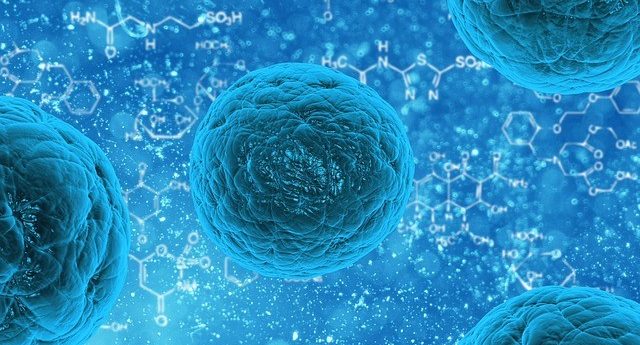Researchers identify critical factor essential for nuclear reprogramming

The study from the Houston Methodist Research Institute provides insight into mechanisms by which pluripotent stem cells may be generated
In a new study led by John P. Cooke of the Houston Methodist Research Institute, the research team identified and characterized a biological factor critical in reprogramming adult somatic cells into stem cells. The findings were recently published in Cell Reports.
Study leader John P. Cooke of the Houston Methodist Research Institute and his team discovered that reactive oxygen species (ROS), play a critical role in nuclear reprogramming. Using a variety of methods to induce somatic cells (cells that are not sperm or egg cells) to become induced pluripotent stem cells (iPSCs), the researchers discovered that in the early stages of reprogramming, the transformation was consistently accompanied by an increased generation of in ROS.
“Think about the cartoon Transformers, where trucks and cars change into robots. We’re manipulating genes in the cell nucleus to produce specific proteins, changing the normal recipe for growth and maturation, and transforming adult cells into a new type of cell with the ability to morph into any other cell type,” explained Cooke.
“When we used genetic tools to knock out the enzymes controlling ROS generation, or we tied up any generated ROS with antioxidants, we observed a marked reduction in iPSC colony formation,” continued Cooke. “Conversely, the overproduction of ROS impaired stem cell formation, meaning that optimal iPSC production occurs within a ‘Goldilock’s zone’ of free radical generation–too little or too much and reprogramming shuts down.”
The researchers also found that ROS generation decreased as the iPSCs matured, and that these mature stem cell colonies survived best in a cellular environment with low levels of ROS.
“What we learned is that the viral vectors played a role in reprogramming. Their activation of innate immune signaling caused epigenetic changes that were absolutely necessary for the transformation of somatic cells into iPSCs,” added Cooke.
Innate immune signaling is known to stimulate ROS production, which plays a key role in cell defense. Cooke said the team is currently developing methods to manipulate the innate immune signaling of ROS in order to maximize the production of iPSCs and improve their direct differentiation.
The findings of the study provide insight into mechanisms by which pluripotent stem cells may be generated which is essential to ongoing work aimed at understanding and developing regenerative therapies for disease.
Sources:
Zhou G, Meng S, Li Y, Ghebremariam YT, Cooke JP. Optimal ROS signaling is critical for nuclear reprogramming. Cell Reports, http://dx.doi.org/10.1016/j.celrep.2016.03.084 (2016) (Online before print); http://www.houstonmethodist.org/1285_houstonmethodist/1315_newsroom/1316_newsroom_newsandevents/newsdetail/?key={68877B81-4CE4-4633-A555-D63EB74B6696}